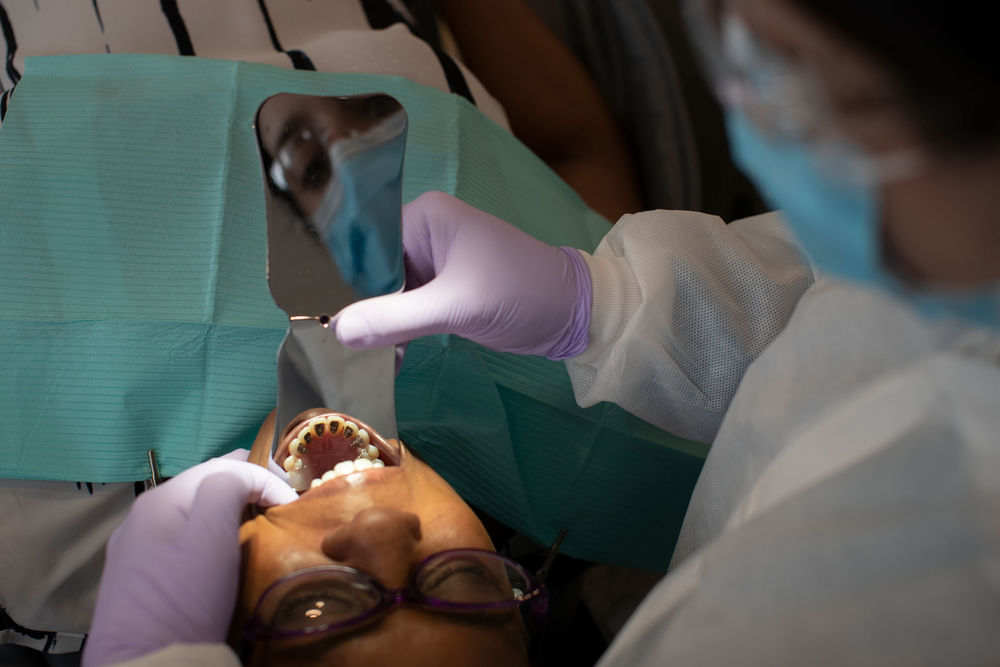Graduate Certificate in Orthodontics
The Graduate Program in Orthodontics from Temple University’s Kornberg School of Dentistry emphasizes evidence-based, patient-centered and outcome-driven care. This full-time, 26-month, postdoctoral certificate program educates residents to become qualified specialists in orthodontics and dentofacial orthopedics with expertise in applied basic sciences, compassionate care for patients, clinical biomechanics and diagnosis treatment planning. Residents are also required to complete a Master of Science in Oral Health Sciences while completing the Orthodontics certificate program.
Residents receive advanced didactic and clinical instruction across all aspects of the discipline, in preparation for a career as an orthodontist in settings such as clinical practice, research and academics. Graduates are prepared to pursue certification by the American Board of Orthodontics.
The Orthodontics curriculum incorporates advanced understanding of cutting-edge orthodontic instrumentation, with a focus on evidence-based diagnosis and treatment planning. You’ll critically evaluate dental literature, research, theories, technological advancements and therapeutic procedures and apply these practices to the multidisciplinary, interprofessional treatment of patients. You’ll also develop the skills needed for the sound management of your clinical practice.
Clinical and didactic seminar coursework is completed at the Kornberg School of Dentistry and during a course at the Charles H. Tweed International Foundation for Orthodontic Research and Education in Tucson, Arizona, where you will receive intensive hands-on training in differential diagnosis and mechanics.
Matriculation for the Orthodontics program starts in July of each year and residents are expected to maintain continuous residency status over the course of the program. Completion of the certificate also awards residents with a concurrent Master of Science degree in Oral Health Sciences.
Program goals
The Orthodontics Certificate has developed clearly stated the following goals and objectives appropriate to advanced specialty education, which address education, patient care, research and service.
- Graduate orthodontists who possess and apply the knowledge and skills required to diagnose, understand the basis of, and adequately treat, alone or in concert with other dental and medical practitioners, orthodontic cases while maintaining the health of the patient.
- Prepare orthodontic residents for certification by the American Board of Orthodontics.
- Prepare orthodontic residents to effectively communicate knowledge of orthodontics and related craniofacial anomalies to other medical-dental professionals and their patients
- Graduate orthodontists who possess the knowledge and skills required to critically evaluate the dental literature, research, technological advancements, and therapeutic procedures, and apply this knowledge into their diagnosis, treatment plan and clinical practice.
- Graduate orthodontists who understand the theory and methods of clinical and basic science research.
- Receive positive feedback from program graduates in the ongoing evaluation of the postdoctoral orthodontic program.
- Graduate orthodontists who understand the importance of lifelong learning, professional development, and their responsibility to the profession and the community at large.

